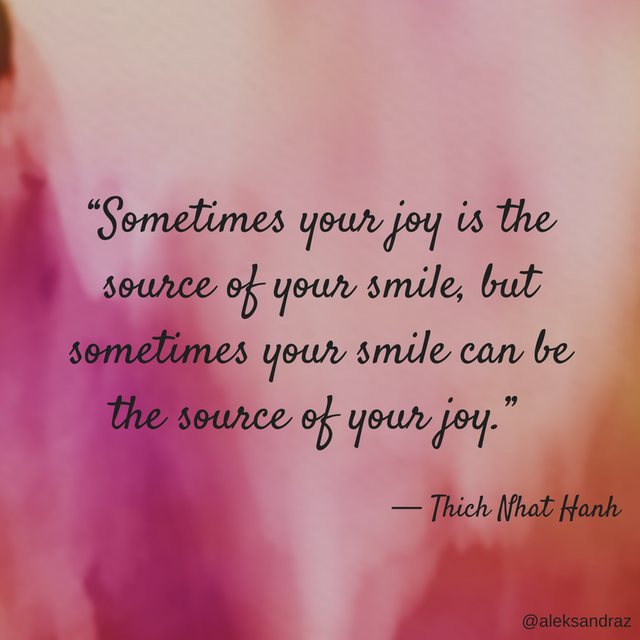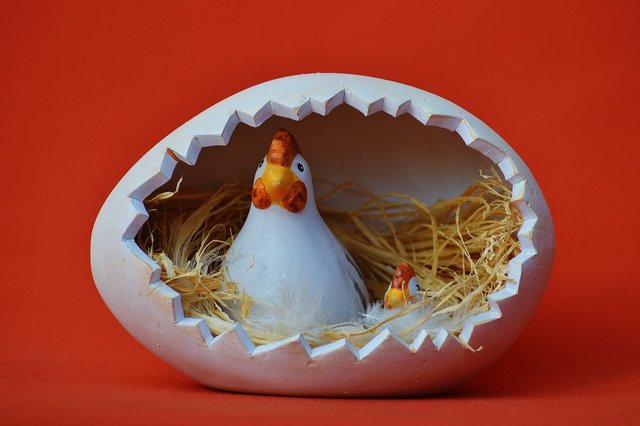For centuries psychologists try to understand, what exactly is emotion? Do our physical experiences, like sweating, heart pounding, trembling, or muscle tension cause emotion? Is it vice versa? Or is it something else? Let's look into various Emotion theories.
If you haven't read the Part 1 of Our Emotions Series, you can find it here.
To put it in words by a professor of psychology David G. Myers: “emotions are a mix of (1) physiological arousal (heart pounding), (2) expressive behaviors (quickened pace), and (3) consciously experienced thoughts (is this a kidnapping?) and feelings (a sense of fear, and later joy). The puzzle for psychologists has been figuring out how these three pieces fit together.” (Myers, Psychology, 2010)
Generally, theories of emotion are divided into two large groups: there are cognitive theories and there’re non-cognitive theories of emotion. Cognitive theories imply that before feeling an emotion a person should process and evaluate the circumstances and situation, and only then based on these evaluations an emotion could be felt. Non-cognitive theories treat emotions as reflexes and argue that no cognitive process is involved in emotion creation. Thus, the emotion is a direct response to some stimulus. There are also theories that argue that some emotions are cognitive, and some are non-cognitive.
David G. Myers distinguishes three main emotion theories; these theories are:
James-Lange theory
Both psychologists (James and Lange) argued that physiological arousal precedes the emotion itself. For example, we first experience increased heart rate, and only then we feel fear. The problem here is that we experience similar or same physical arousal with different emotions. For example, when we experience a rapid heart rate, we could feel fear, anger, or happiness due to different circumstances and situations.Cannon-Bard theory
Due to this similarity in physiological experience when feeling different emotions, psychologist Cannon, and later also Bard thought that theory of James-Lang was not correct. They suggested that the experience of physical arousal and emotions is simultaneous, thus the emotion and physiological arousal are independent processes and do not influence each other.Schachter-Singer or Two-factor theory
This theory insists that first we feel the psychological arousal, then we think what is the cause for this arousal, i.e. we go through the process of cognitive interpretation, we decide which emotion to feel based on our interpretation, and only then we feel this emotion. This is called “emotion labelling” – you think and give a “label” of what emotion to feel, and only then feel it.
In order to label the emotion a person needs to evaluate the circumstances and the situation. As it was stated before, in some cases, the psychological arousal, or the physical state could be the same –for example, there may be two situations, like you being on a romantic date with a person you’re in love, and a situation when you walk down the dark and unpleasant street and suddenly a dog appears and is running your way barking. In both situations your heart is very much likely to beat faster, though, given the circumstances, you’ll experience either happiness (love), or fear.
These three are the most popular theories, but as I was interested in more, here are some other interesting theories.
First of all, it’s worth to mention the Cognitive Appraisal theory by Richard Lazarus. This theory is well-known and it’s somehow similar to the two-factor theory. Like in two-factor theory Lazarus thought that in order to experience emotions, first a stimulus is needed, then it’s necessary to evaluate, or appraise the situation and circumstances around, and then we experience an emotion. What’s important is that usually cognitive appraisal happens when there is no certain physical stimulus, and when situation is not so obvious to understand. For example, when you’re calling your children who’re at their grandparent’s and they don’t pick up the phone, you do a cognitive appraisal, and you might assume that your children are doing their homework and don’t hear the phone – so you feel safe, happy, or content, but you might also assume that something bad happened to them, and therefore feel worried, uneasy and anxious.
For me a very interesting theory is the Facial Feedback Hypothesis. This theory suggests that our facial muscles have direct impact on the emotions we feel. When we feel certain emotion, we express it through our mimic by moving our facial muscles. Charles Darwin believed that when we feel an emotion, if we express it with our mimic, the emotion will intensify. And vice versa, if we suppress our facial expression, the strength of emotions will be reduced. In such a way Darwin believed that facial muscles could increase or decrease emotions that have already existed. This is called a weak version of this theory.
The strong version of this theory suggests that emotions could be evoked due to our facial expressions. For example, if a person will be forced to smile, the emotions he or she will experience will be more pleasant, than they were before smiling. This is used during various performances and speeches – speakers use various jokes to make audience smile and laugh, and in such a way overall impression from the event is much better.
I’ve tried this technique myself many times. If my mood became bad for some reason, I forced myself to smile, though there was no reason to. In some minutes my mood improved and it was much easier to regain my positive attitude towards things. :)

I just love psychology, so be sure to follow @aleksandraz and read my other articles on this topic.
Thanks! :)
You can find the Part 1 of Our Emotions Series here.
SOURCES:
David G. Myers, Psychology, 9th Edition, Worth Publishers, USA, 2010
Facial Feedback Hypothesis
Theories of Emotion
Facial expression analysis



nice article,
why not continue daily lucky find psycologhy?
Downvoting a post can decrease pending rewards and make it less visible. Common reasons:
Submit
Hi!
Thanks for your interest, here you can find your answer, with only correction that @carlidos happened to be a plagiarist and I do not support his work anymore.
Downvoting a post can decrease pending rewards and make it less visible. Common reasons:
Submit